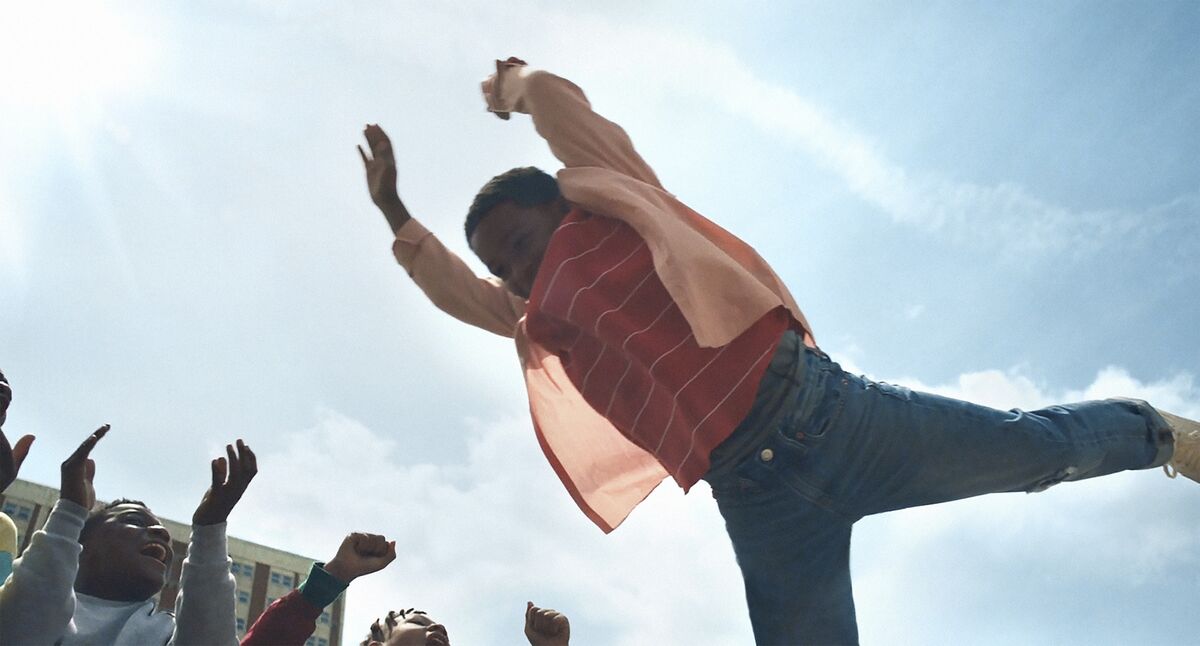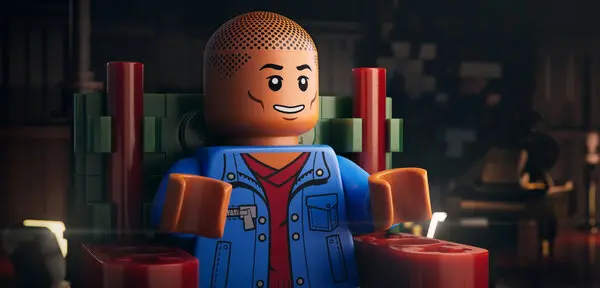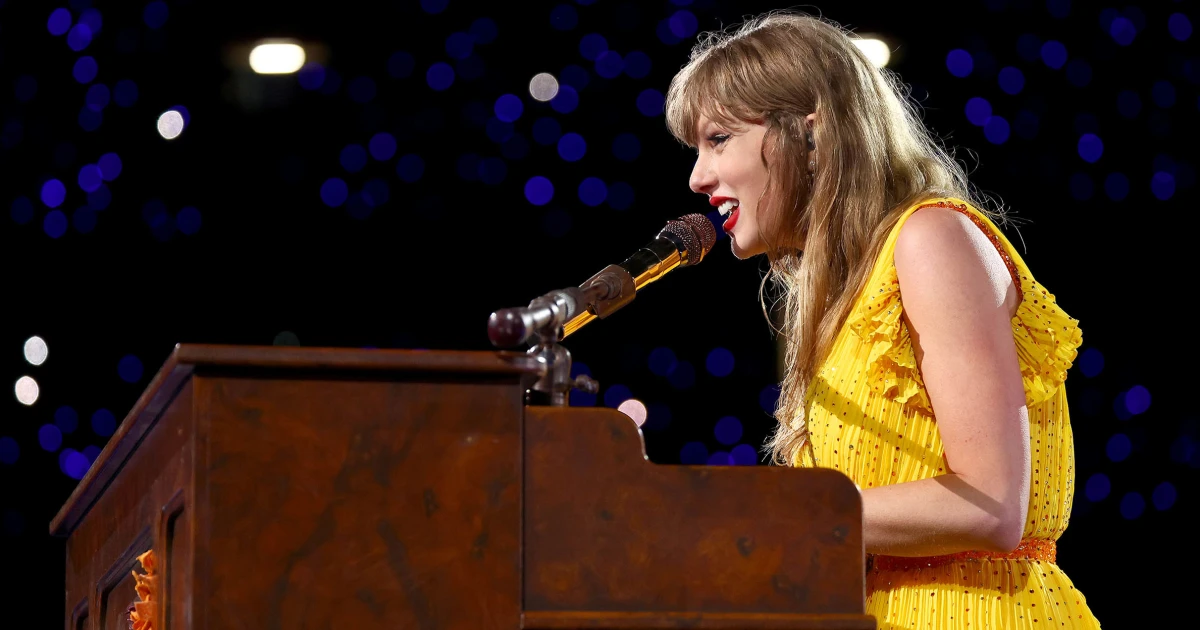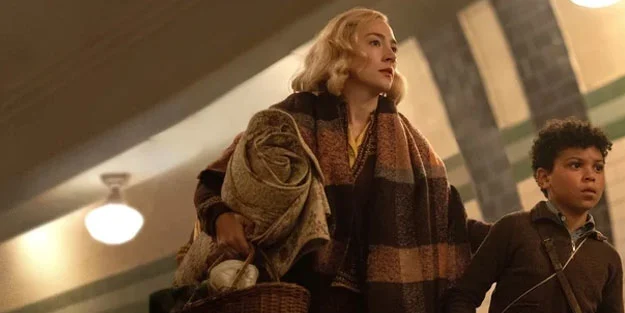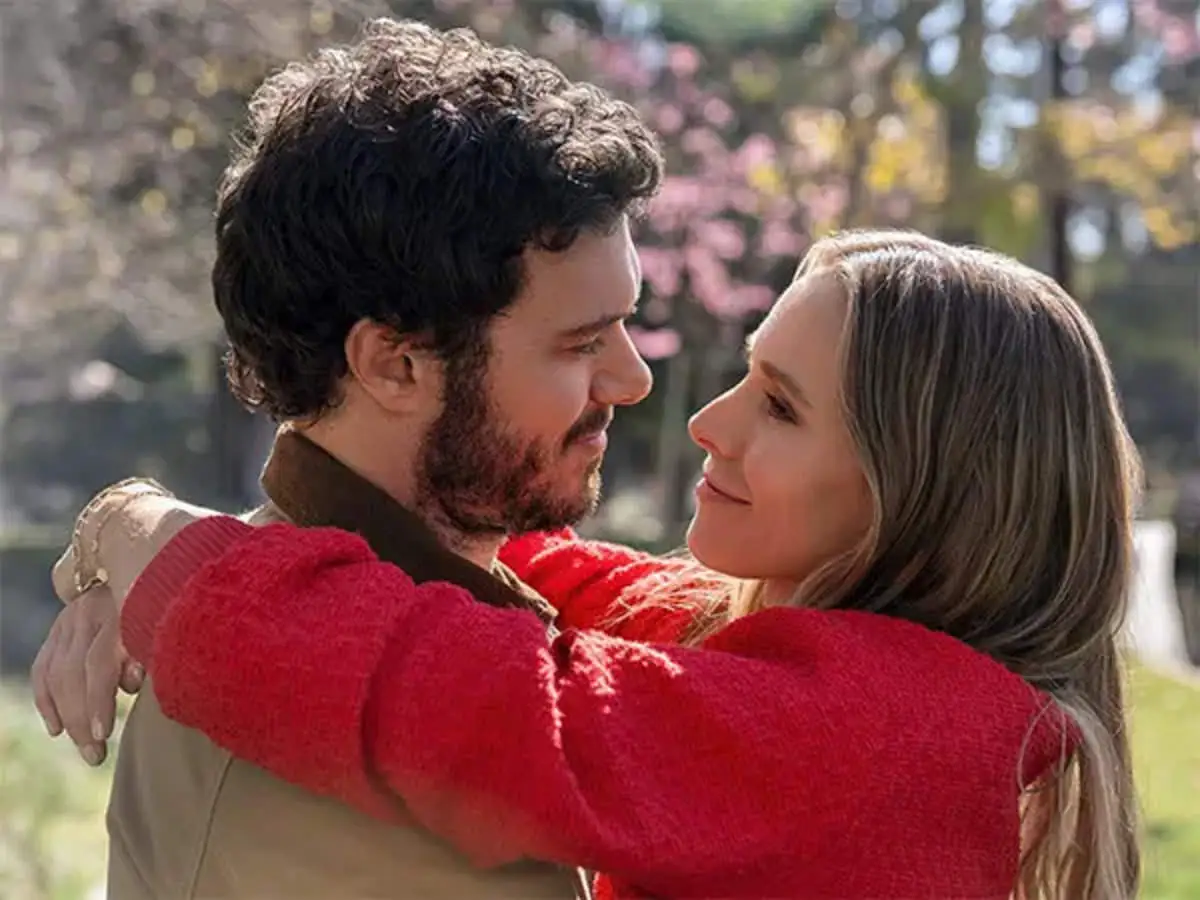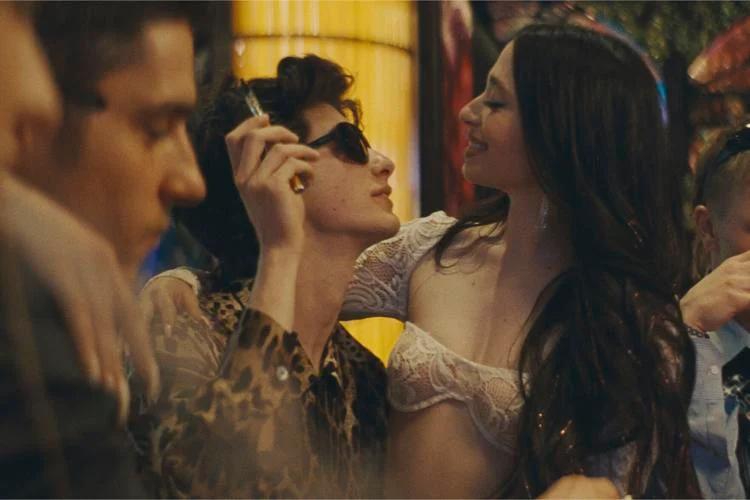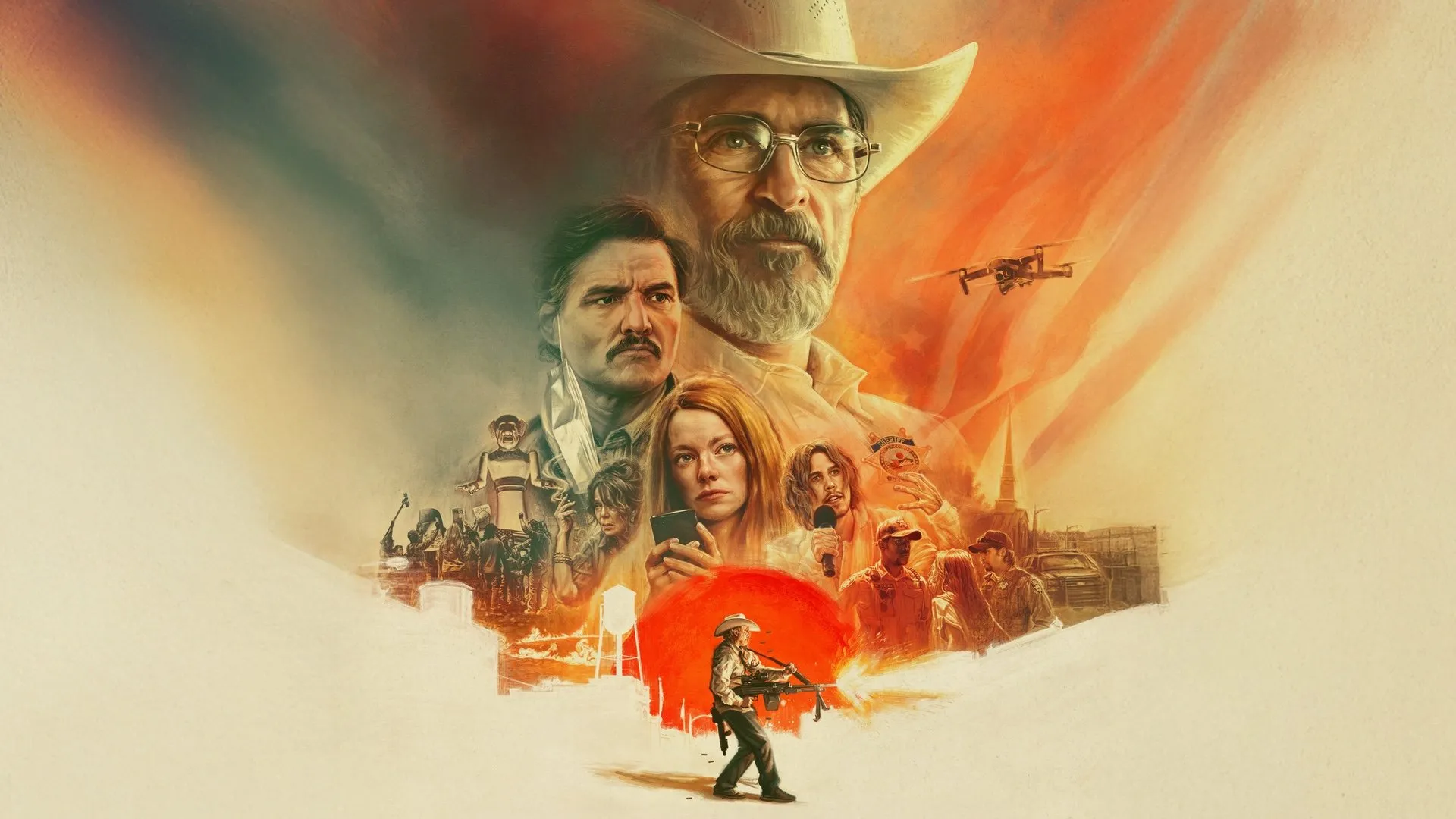Two 11-year-old boys traverse school, friendship, family, and change in Minhal Baig's lyrical drama "We Grown Now." It's a compelling remembrance piece, mournful and honest, and a unique portrayal of a notorious location: Chicago's Cabrini-Green public housing complex.
And, more importantly, it's a picture that would not have existed without Participant, the activist film and television company that just announced its closure.
Baig places her picture in the autumn of 1992, when the promise of the 1940s urban regeneration project had faded beyond repair. On October 13, that year, Dantrell Davis, 7, was slain by a sniper while going to elementary school with his mother. A few days later, the horror film "Candyman" debuted throughout the nation, featuring a Black boogeyman and a white heroine, prompting sharp criticism for its regressive racial tropes.
Cabrini-Green was no longer the location of "Good Times," but rather a metonym for the system's shortcomings. Authorities began dismantling structures in the area a few years later, with the final one falling in 2011. It is currently home to luxurious flats.
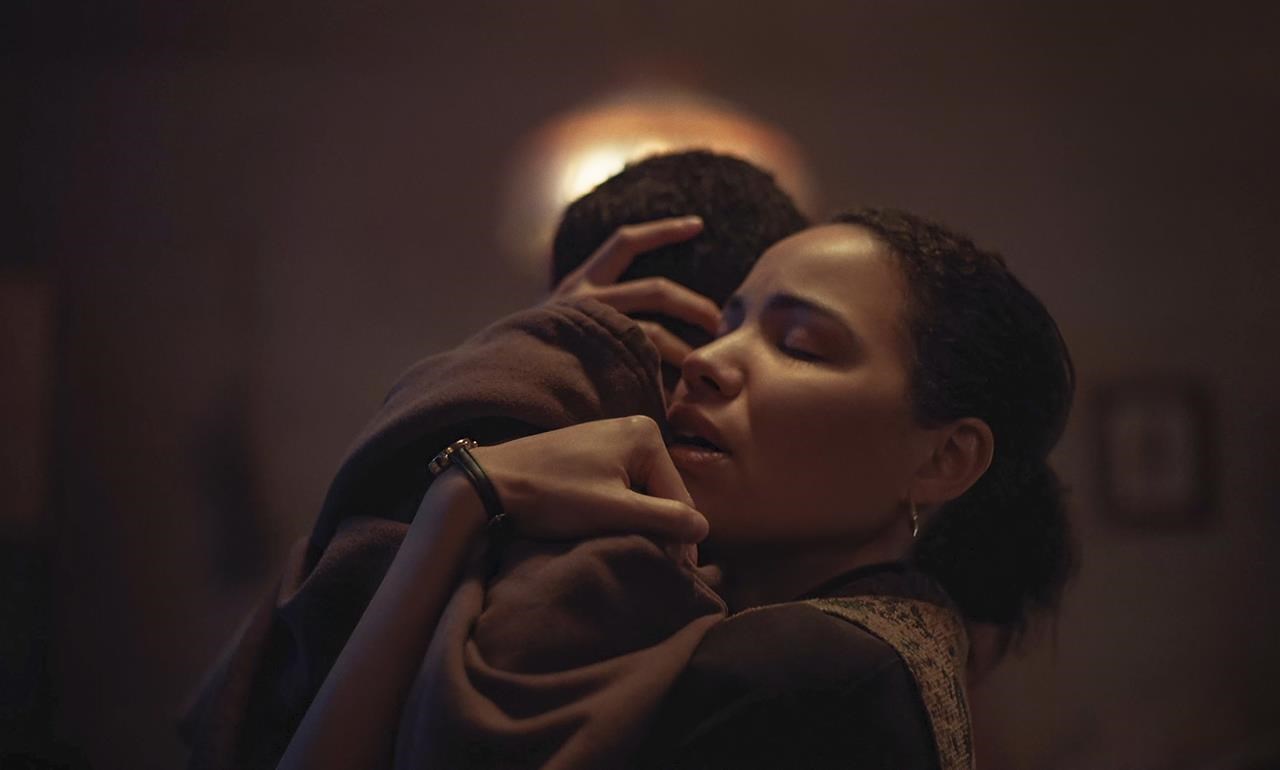
However, Malik (Blake Cameron Jones) and Eric (Gian Knight Ramirez) are still in their youth. And the first thing on their thoughts is dragging a discovered mattress down the high rise's stairs, across the streets and sidewalks to their playground area, where it will serve as the ideal landing cushion for their favorite activity: jumping.
Malik lives with his sister, mother Dolores (Jurnee Smollett, who gives a great performance), and grandma S. Epatha Merkerson. The adults are steady, calm, and beneficial influences on the lives of the children, ensuring them safety in their little enclave. Still, the reality of their narrow world within Cabrini-Green sometimes seep in (or, more accurately, burst in at 2 a.m., when officials decide to raid and wreck their flat in search of narcotics that aren't there). Dolores attempts to protest and advocate for their rights, but she is acutely conscious of her impotence in the face of the rising hostility against them.
The death of a classmate throws everyone into a tailspin. Outside voices suddenly appear, including Chicago Mayor Richard M. Daley and others, pledging to clean up Cabrini-Green. There is a noticeable gap between what Malik and Eric's daily lives are like, which include playing, leaping, mocking small sisters, and sometimes fleeing the boring nature documentary at their school to have a true adventure. Some of these moments work, particularly the banter amongst the lads, but others are a touch clunky. These are the ones that choose fantastical thoughts of play and inspiration (such as going to the Art Institute on their own and having a Ferris Bueller moment with the Seurat picture) over a genuine portrayal of childhood. But why not show the children being self-motivated to speak about art?
Read Also: 'Thelma' Review: June Squibb Lives Her 'Mission
When Malik's mother decides to leave Cabrini-Green for a work opportunity in Peoria, it marks one of their last excursions before reality returns to damage their relationship. Their farewell may make you grab for a tear, a testimony to the two young performers.
Baig grew up in Chicago, although not in Cabrini-Green. There may be doubts about who should tell whose tale, but she has approached it with evident empathy and curiosity, which is all you can really ask for. Why would we want to impose restrictions on filmmakers who wish to depict tales other than their own?
That compassion is evident in every picture (evocatively photographed by Pat Scola), for the children growing up in these conditions, for the people attempting to protect them, and for the magic they are able to discover despite everything. It's a sensitive look at what life may have been like beyond the fear-mongering headlines, with a beautiful music by Jay Wadley. "We Grown Now" is also somewhat dreamy and stylized, but rather from being a disadvantage, it makes this very modest narrative seem large, lyrical, and cinematic — exactly like it would for an 11-year-old.
The Motion Picture Association has classified "We Grown Now," a Sony Pictures Classics release in New York, Los Angeles, and Chicago on Friday and expanding on April 26, as PG for "thematic material and language." Running time: 93 minutes. Three stars out of four.

